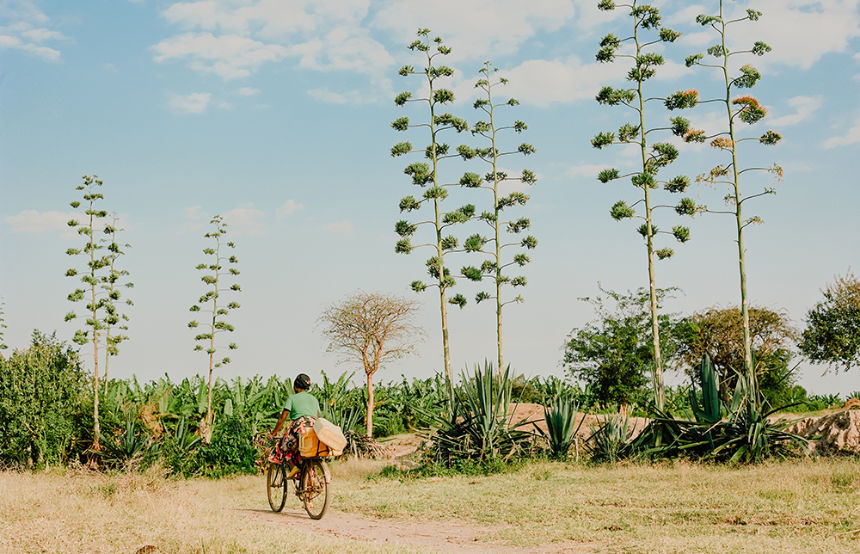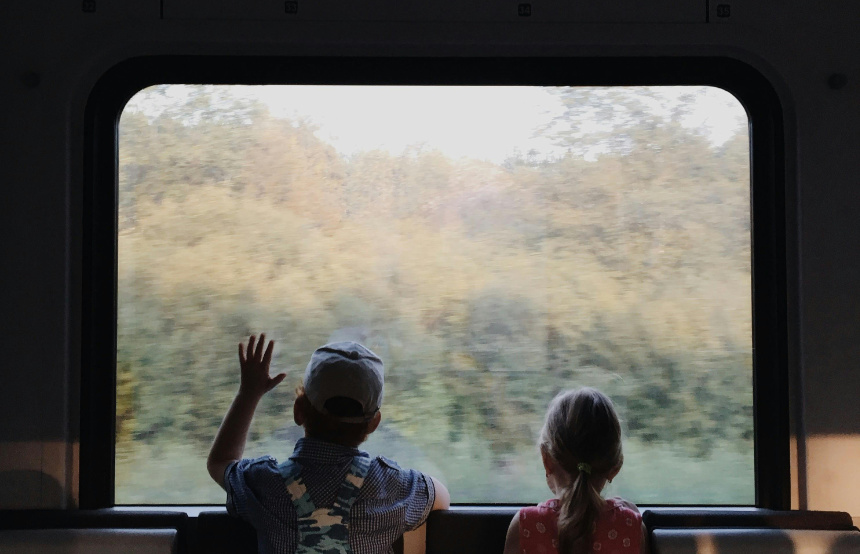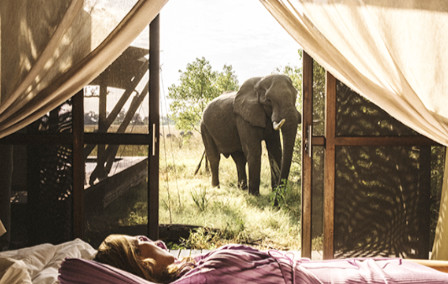
Published 1st Apr. 2022
Reading time
As part of our Travel Less, Travel Better initiative - which is all about making travel a more meaningful experience - we’re seeing a growing trend of travellers beginning to switch out bigger brand hotels in favour of community lodges - properties that are owned and run by the local community. Staying at a community lodge not only immerses you into the local area, but enables you to support it, knowing that your money is directly contributing to the local economy. This makes travel mutually beneficial, as you can enjoy a much more memorable experience and the communities can begin get back on their feet after an incredibly hard two years. It’s a win-win situation, which we’re very happy to play a role in. Read on for some of our favourite community lodges around the world…
This award-winning ecolodge near the Mararoi hills in Laikipia is generally considered as the pioneer for the community lodge concept. Il Ngwesi opened in 1996, when the local Masaai elders made the critical decision to stop cattle ranching on one area of their land and instead build a high-quality eco-lodge and reintroduce game species. The lodge is constructed entirely out of local materials and supports six Maasai villages with education, health and livelihood projects by providing jobs and business opportunities through the lodge, as well as new tourist activities and anti-poaching patrols. Profits from the lodge contribute towards secondary and university school fees and provide funds for local school buildings, health personnel and buildings, along with buying more land for animal grazing. Alongside this, a partnership with the non-governmental organisation VSO Jitolee in Kenya empowers many local women to start their own businesses to produce beadwork for local and national markets.
Kasbah Toubkal, located in the village of Imlil in Toubkal National Park, is a serene hotel set below Jebel Toubkal, the highest mountain in North Africa. This is the perfect place for peace and seclusion and there is a shared belief that the beauty of the National Park should be accessible to all who respect it. The hotel was built and is run by the local Berber community and has a beautiful garden and terraces to gaze out at the surrounding mountains. The Kasbah has been awarded a slew of awards for services to sustainable tourism, and staying at this lodge gives the community the ability to preserve the environment and support the local populations and specific NGOs such as Education for All, a charity that enables young girls from local villages to pursue their education by providing scholarships and boarding houses.
This camp is a model of ecotourism. Owned by the Himba tribe, Namibia’s last semi-nomadic people, Serra Cafema is one of the most remote camps in southern Africa, with just eight chalets crafted from wood and thatch. To stay here is to learn about fascinating Himba culture and appreciate the stark landscapes of one of the world’s oldest deserts. Activities can include boating on the Kunene River, bird watching, exploring the dunes by foot and spotting a range of wildlife on game drives.
Located close to Guyana’s Pakaraima Mountains, Surama Eco-Lodge is managed and conserved by the local Makushi Amerindian community. The lodge’s staff, from its cooks and farmers to its construction and maintenance workers, are all recruited locally and the small offers much more than just a place to stay. Children and local guides from the Makushi Amerindian community can show guests around the village and introduce them to the neighbouring wildlife, forest and grasslands, along with accompanying guests on hikes, river canoe expeditions and visits to community schools and traditional events.
Based in Yasuni National Park, in the Ecuadorian Amazon, Napo Wildlife Centre is the perfect spot to experience indigenous culture. The Kichwa Añangu people employ a sustainable eco-tourism model and re-invest all proceeds back into community projects including renewable energy, education, and health care. Fundacion Amazonia Productiva, an Ecuadorian non-profit foundation, supports sustainable ecological and social development projects to find alternatives for forgotten local families and communities. The lodge helps generate economic development, create jobs and opportunities for local families, and aid the regeneration of natural resources. The centre has just 20 cabins, and while here you can discover more about the Kichwa Añangu community and about their ancestral customs and traditional practices.
Marvel at British Columbia’s north coast, where Haida House is committed to protecting the region’s beautiful natural landscapes. The lodge is 100% owned by the local Haida First Nations community and offers an authentic Haida Gwaii experience, from cultural and heritage programmes and immersive eco-adventures to regional cuisine tastings which includes a variety of fresh seafood and local seasonal vegetables. Haida cultural values are reflected everywhere, ensuring career opportunities for indigenous Haida citizens, along with strengthening the economy. As proud stewards of the community, locals are guided by the concept of Yahguudang - meaning respect for all living things - and the interdependence that binds the two using nature as inspiration. Haida Tourism properties are Sustainable Tourism Gold Certified and the lodge has ten rooms along the ancient forest and Tlell River that can house up to 22 guests. Around the property lies 50 acres of river and the serene ocean at the front door, along with a fruit orchard and forest trails.
Cover Image: Serra Cafema
Practical advice and inspiration for your next trip

More people are exploring the world than ever before. We’re fortunate to live in an era when discovering different global customs and cultures is relatively easy. But it’s this very simplicity which means we need to focus extra attention on making sure we’re taking care of our planet. We’ve all seen it – beautiful destinations (both at home and overseas) which have been damaged by the impact of one of the most invasive species on Earth:
29th October 2025 - Responsible Travel

Sustainability is fast becoming a key factor in travel decisions. In fact, 76% of travellers say they want to travel more sustainably over the coming 12 months, with 53% saying climate change news has influenced them to make sustainable travel choices. Over 80% of travellers worldwide said they believed sustainable travel is important. But given that travel is often synonymous with planes – which are famously an environmental challenge – how can you achieve your dream of a sustainable break?
23rd October 2025 - Responsible Travel

The recent overcrowding in Tanzania’s Serengeti has put the spotlight on overtourism once again. For years, we’ve been promoting travel as a force for good, and the Secret Series – our portfolio of lesser-visited places in popular destinations – is central to this mission. In the African savannah, Secret Safaris keep you off the tourist trail and help preserve what makes these places truly special. From meeting gorillas in Uganda to luxury bush camping in Zimbabwe, read on to discover our favourite Secret Safaris.
19th August 2025 - Responsible Travel

Our team of destination experts will get to know you and your unique requirements for your holiday

We work with you to build an ultra-personalised holiday itinerary with your choice of accommodation, experiences and activities

All of our holidays include little extras designed to make a big difference to your trip, from fast-tracking you through airport check-in and security to our network of local Concierges